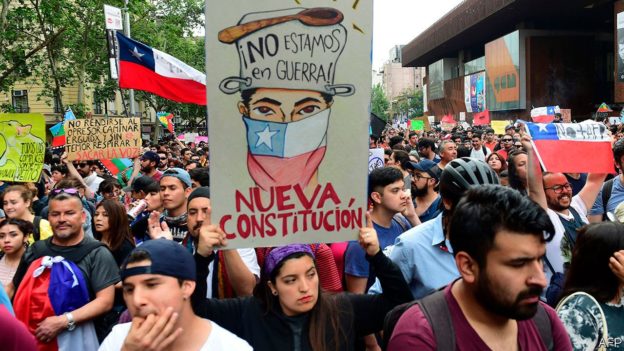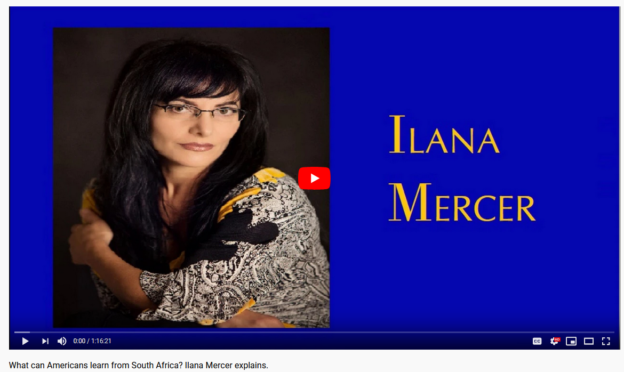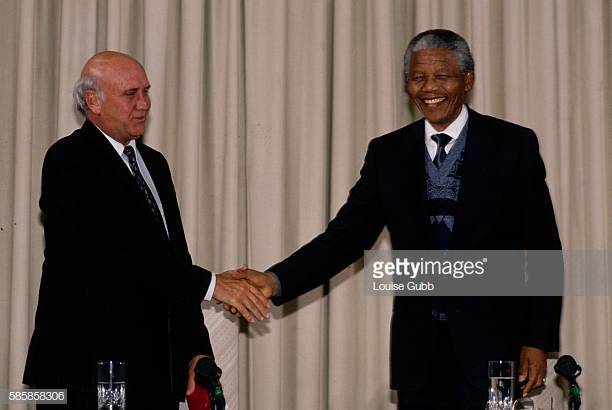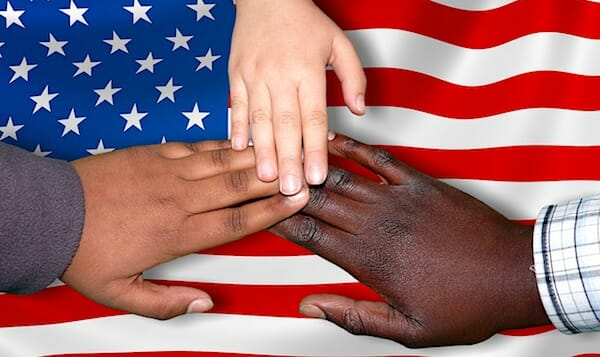NEW COLUMN IS “Pandemic, Plague & Protests: Will Chile Join The Shithole Country Club?” Previously on Quarterly Review, WND.COM and The Unz Review, read it now on American Greatness
An excerpt:
Before the coronavirus pandemic and the plague of locusts came the protesters.
From the affluent locales—Chile, France, Britain, Hong King, Catalonia—to the impoverished ones—Algeria, Bolivia, Ecuador, Guinea, Haiti, Honduras, Iraq, Kazakhstan, Lebanon and more; the world was on fire (to borrow from Amy Chua’s brilliant book).
The reasons cited for a world-wide conflagration ranged from the evils of free-market capitalism (says the Left) to the “socialist regimes in Cuba and Venezuela” (says the Right), to “economics, demography, a sense of powerlessness…and social media.”
Some experts spoke of a “youth bulge” of over-educated young people chasing too few jobs. In truth, this was more like ill-educated youngsters with useless degrees, who thought it chic to don a balaclava and lob hard objects at the police and the property it was protecting.
Chile is the jewel of Latin America. In 2014, it even surpassed the United States on the Index of Economic Freedom, ranking seventh to America’s 12th. Since 1990, economic growth in Chile has been as steady as the stability of its institutions. Poverty rates had plummeted and social services had been extended to the needy.
On the right, Pat Buchanan has described Chile as “the country with the highest per capita income and least inequality in all of Latin America.”
On the Left—yet still on the side of a competitive market economy—the Economist agrees. Chile “is the second-richest country in Latin America, thanks in part to its healthy public finances and robust private sector.”
In no-man’s land are the protestors on the streets of Santiago and other cities. What the demonstrators want is unclear. To the extent their inchoate signs and signals can be divined, it would appear that the path the well-to-do Chile will be forced to take is that of less capitalism and more socialism; less of the private sector and more of the state.
Indeed, Chile is beset with protesters determined to bring the elected government to its knees. Many parts of Santiago, the capital, have been boarded up or burned down. The country’s “malcontents” want more state-provided stuff; more health care and more free education and pensions.
It increasingly looks like Sebastián Piñera, Chile’s president, may just be forced “to scrap a system” that appears to have served Chile well.
READ THE REST … NEW COLUMN IS “Pandemic, Plague & Protests: Will Chile Join The Shithole Country Club?” Previously on Quarterly Review, WND.COM and The Unz Review, it’s now on American Greatness.
* Image is via The Economist




